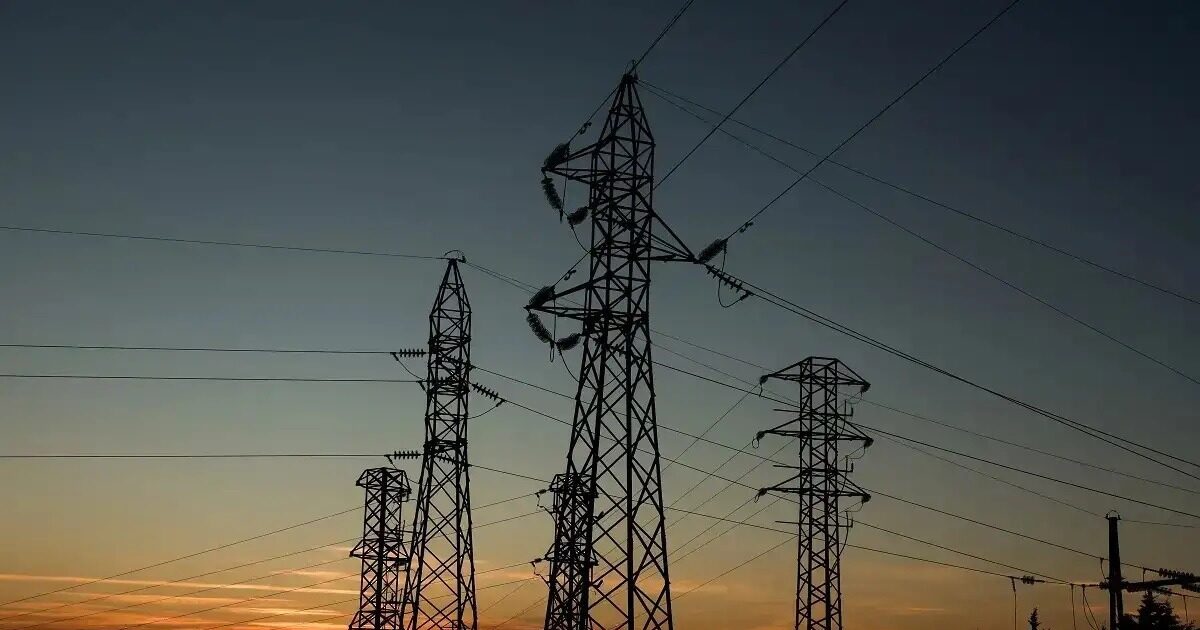The big difference between wholesale and retail in comparison with the rest of Europe is revealed in the annual report of Commission on the Energy Union, published last week.
As pointed out, last year Greece had the sixth most expensive wholesale electricity price. A completely different picture prevails in retail, which was 21% lower than the European average. In fact, in the case of natural gas, retail was 30% lower. The Commission notes that a role is played by the lower taxes and network fees borne by final consumers in Greece compared to other states.
Another message from the report is the difficulty our country faces in electrification. The problem lies in the ratio between electricity and natural gas prices, which does not favor large and small consumers switching from one form of energy to another.
In the case of prices paid by households, electricity costs 2.4 times more than gas, if we take taxes into account. Things are much worse for Greek industries, which pay 4.4 times more for electricity than for gas. This is one of the highest rates in Europe, so in their case the incentive to electrify is low.
Moving on to the field of infrastructure, Greece is characterized by a connectivity index of 6.3% this year with neighboring markets, against a target of 15% by 2030.
The Commission points out that our country has made significant efforts to wean itself off Russian gas, through projects such as the IGB pipeline and the Alexandroupoli LNG terminal.
Finally, Brussels calls on the Greek government to develop flexibility solutions for the energy system, which will not be based on fossil fuels. Such are energy storage and demand management that can help lower prices.
At the same time, the Commission requests a restructuring of energy taxation to strengthen electrification, as well as the withdrawal of fossil fuel subsidies, especially for the industrial sector. In the case of the electricity network, it calls for limiting power theft and strengthening the transmission system.
